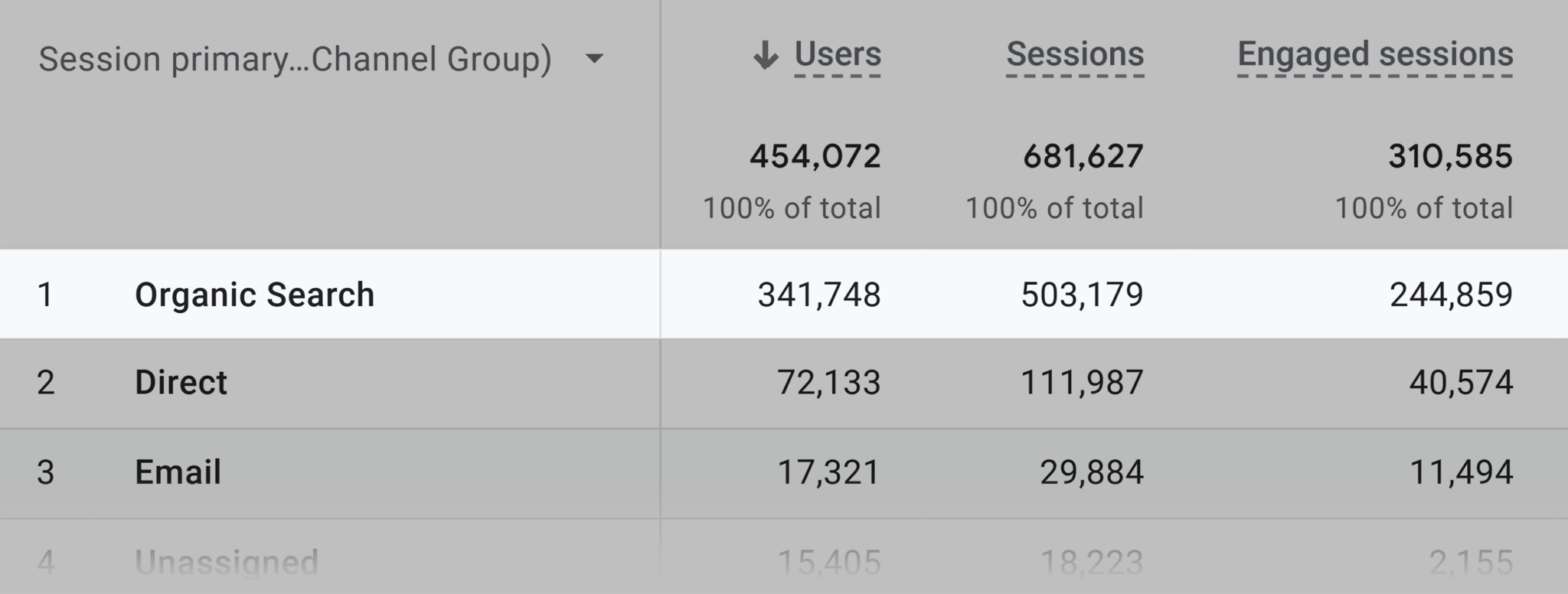Goal-setting is an essential aspect of any content strategy, and every guide you have read on creating one likely mentions it. The reason for this is because goals provide direction and purpose to your content marketing, helping you create content with a specific aim in mind. Each piece of content you produce should contribute to the growth of your business, making it a tool for achieving your goals. Without goals, content is just content; it lacks direction, and you cannot harness its potential to drive profitable action.
However, setting content marketing goals is easier said than done. If you are new to content marketing or strategy, you might be wondering which goals you should focus on. But before you delve too deeply into that, know this: the ultimate goal of content marketing is to drive profitable action. Your content should be so compelling that it moves your audience to act in ways that grow your business.
While it is crucial to drive profitable action with your content marketing, you should also consider how to build up to that point.
You cannot move people to act if you cannot first move them emotionally. That is where the first three goals come in.
These goals may be considered “small” because they are built on a small scale, content piece by content piece. They are also less straightforward to measure than some of the larger content marketing goals, such as growing traffic. However, that does not make them any less worthy of pursuing. Pursuing these smaller goals can help you build towards your larger goals, as they all involve nurturing your audience, which can eventually lead to conversions.
One of the smaller goals is building trust with your audience. While small, it is mighty because an audience that trusts a brand is engaged, and those people will be much more willing to convert based entirely on that trust. Building trust is a gradual process, one content piece, and interaction at a time. You need to prove that you know what you are talking about, understand your audience’s needs and pains, and provide them with the expertise and information they are looking for. With this goal in your content strategy, you commit to giving your audience the best possible information and expertise.
Great content has an amazing ability to build trust. A study found that brand trust increased among 73% of consumers one week after consuming one piece of educational content. To measure your progress toward this goal, you can look at the quality of your content over time, customer feedback, reviews, comments, mentions, chats, and surveys. These will provide insights into how your audience perceives your brand and whether you have earned their trust.
The second smaller goal is educating your audience. Content that truly educates and helps your audience learn and grow is immensely valuable, and giving away value builds trust. To meet this goal, aim to provide educational value in your content. Ask yourself what educational value you can provide to your audience and how you can deliver that value in a way that resonates with them. Educational content can take many forms, including how-to guides, tutorials, whitepapers, case studies, and more.
In conclusion, setting goals is essential for any content strategy. Goals give your content marketing direction and purpose and enable you to create content that drives profitable action. While larger goals, such as increasing traffic and conversions, are important, it is also crucial to pursue smaller goals, such as building trust and educating your audience. By pursuing these smaller goals, you can build towards your larger goals and create content that resonates with your audience, builds trust, and drives profitable action.
Content Copyrights Belong to The Author. All Rights Reserved.
We're A Dallas Digital Marketing Agency That is Experts At Social Media Marketing, Website Design and Emarketing and Promotion.




